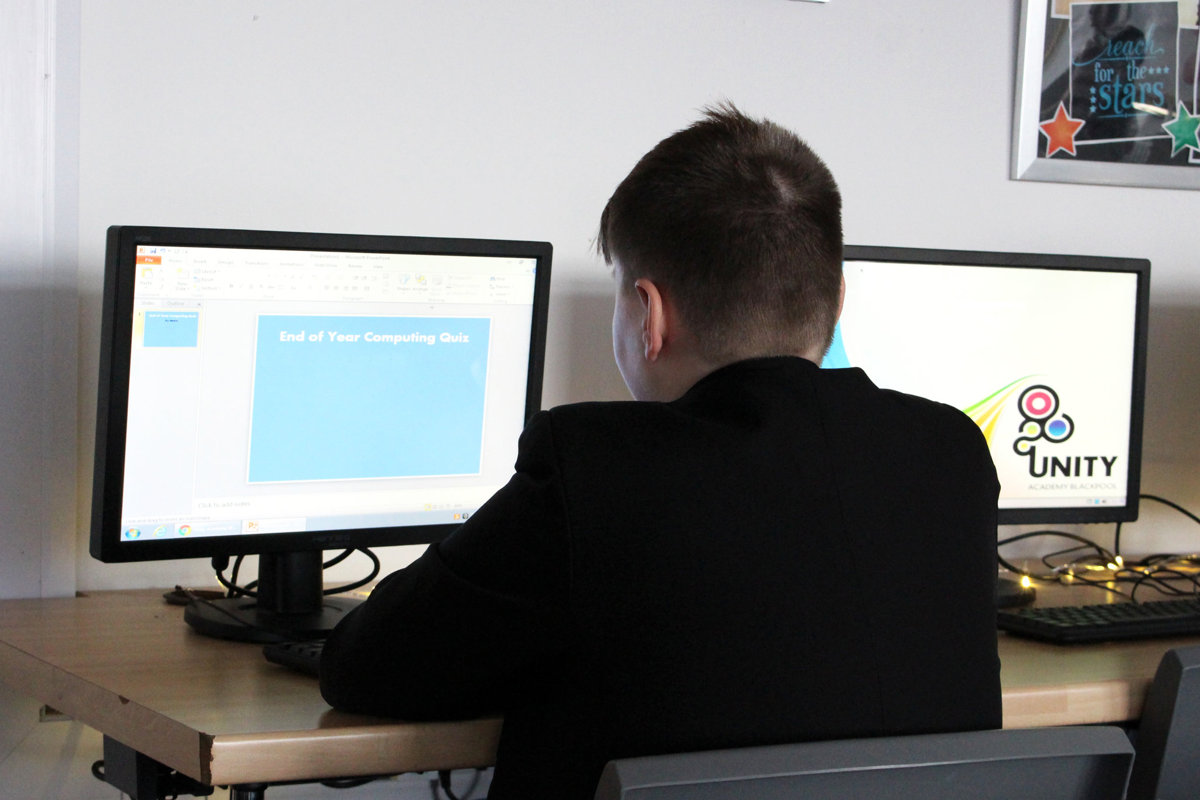
A need for students with computing skills is now sweeping across the UK. This demand has been driven by a major skills shortage in the UK for professionals with the right skill set.
An education in computing has many benefits which can be applied throughout the curriculum. Computing students learn logical reasoning, algorithmic thinking, design and structured problem solving—all concepts and skills that are valuable well beyond the computing classroom.
Students gain awareness of the resources required to implement and deploy a solution and how to deal with real-world and business constraints. These skills are applicable in many contexts, from science and engineering to the humanities and business, and have already led to deeper understanding in many areas.
It is more important than ever to consider computing as part of the curriculum, not just because of the demand in industry for computer scientists, but also because schools are finding that students want to be taught
GCSE Computer Science Course (OCR )
This course gives students a real, in-depth understanding of how computer technology works. The course will give them an insight into what goes on ‘behind the scenes’, including computer programming, which many students find absorbing. Students will develop critical thinking, analysis and problem-solving skills, which can be transferred to further learning and everyday life.
Students who want to go on to higher study and employment in the field of computer science will find that this course provides a superb stepping stone.
Subject - Computing (Science)
Qualification - GCSE
Level - 2
Lessons per week - 2
This exciting GCSE gives you an excellent opportunity to investigate how computers work and how they’re used, and to develop computer programming and problem-solving skills. You’ll also do some fascinating in-depth research and practical work. For example, some of the current investigations look at Python and App Inventor.
You don’t need to have studied this subject before, and assessment is quite simply based on a written exam, a practical investigation and programming tasks. You should however be prepared to take on a lot of theoretical study- there are a lot of new concepts to learn! You should be good at literacy and numeracy also as there is a lot of number work and spelling accuracy required for programming. Most of all you should be resilient, programming is an art and takes a lot of dedication, trial and error to master.
What will I study?
There are three units:
• Computer systems and programming: this is assessed by a written paper, which has a mixture of short- and long-answer questions.
• Practical investigation: this will be on a topic chosen from a set of options supplied by OCR (controlled assessment).
• Programming project: students create solutions to computing tasks chosen from a set of options supplied by OCR (controlled assessment)




